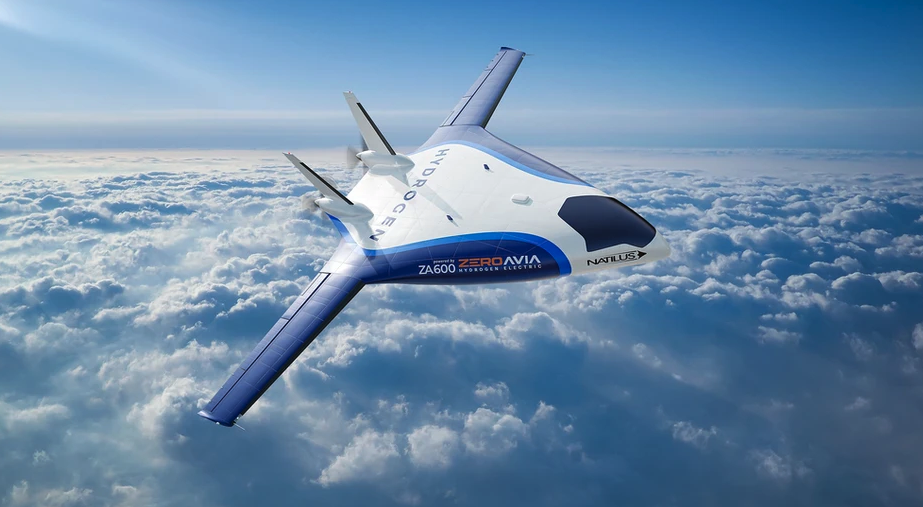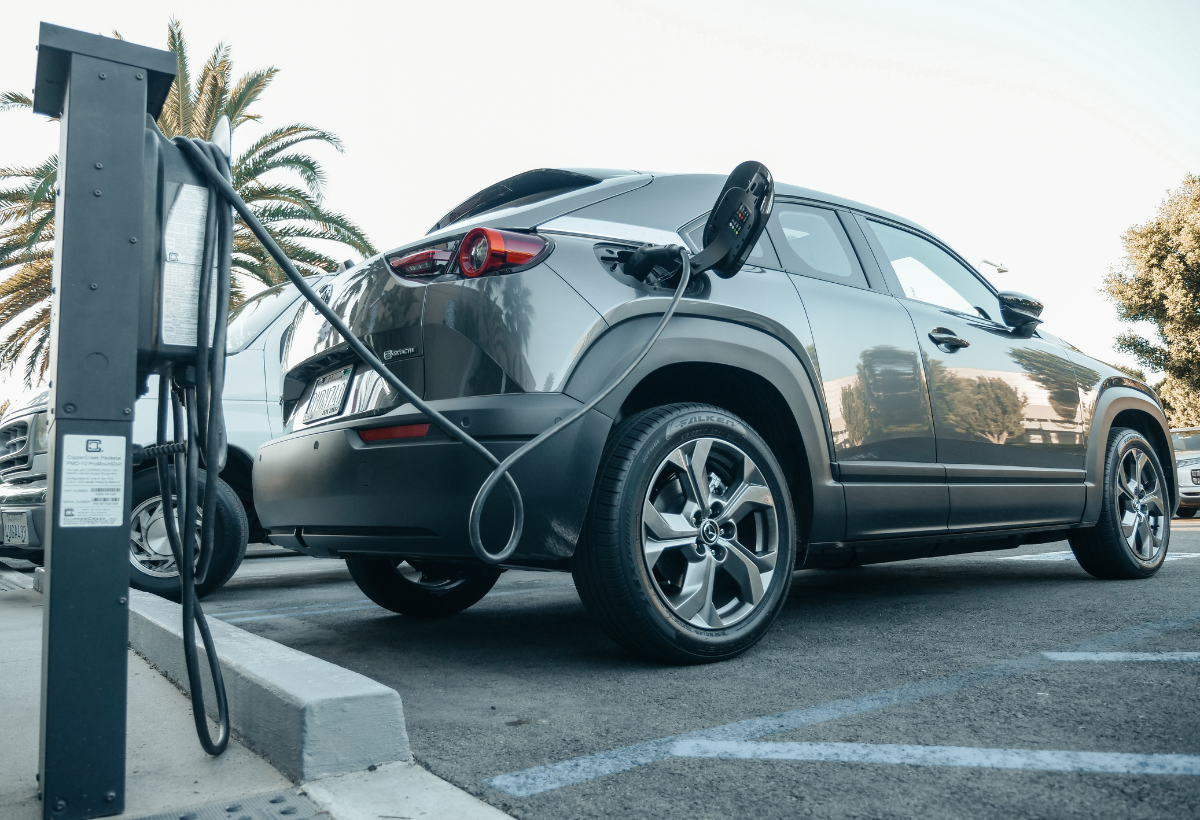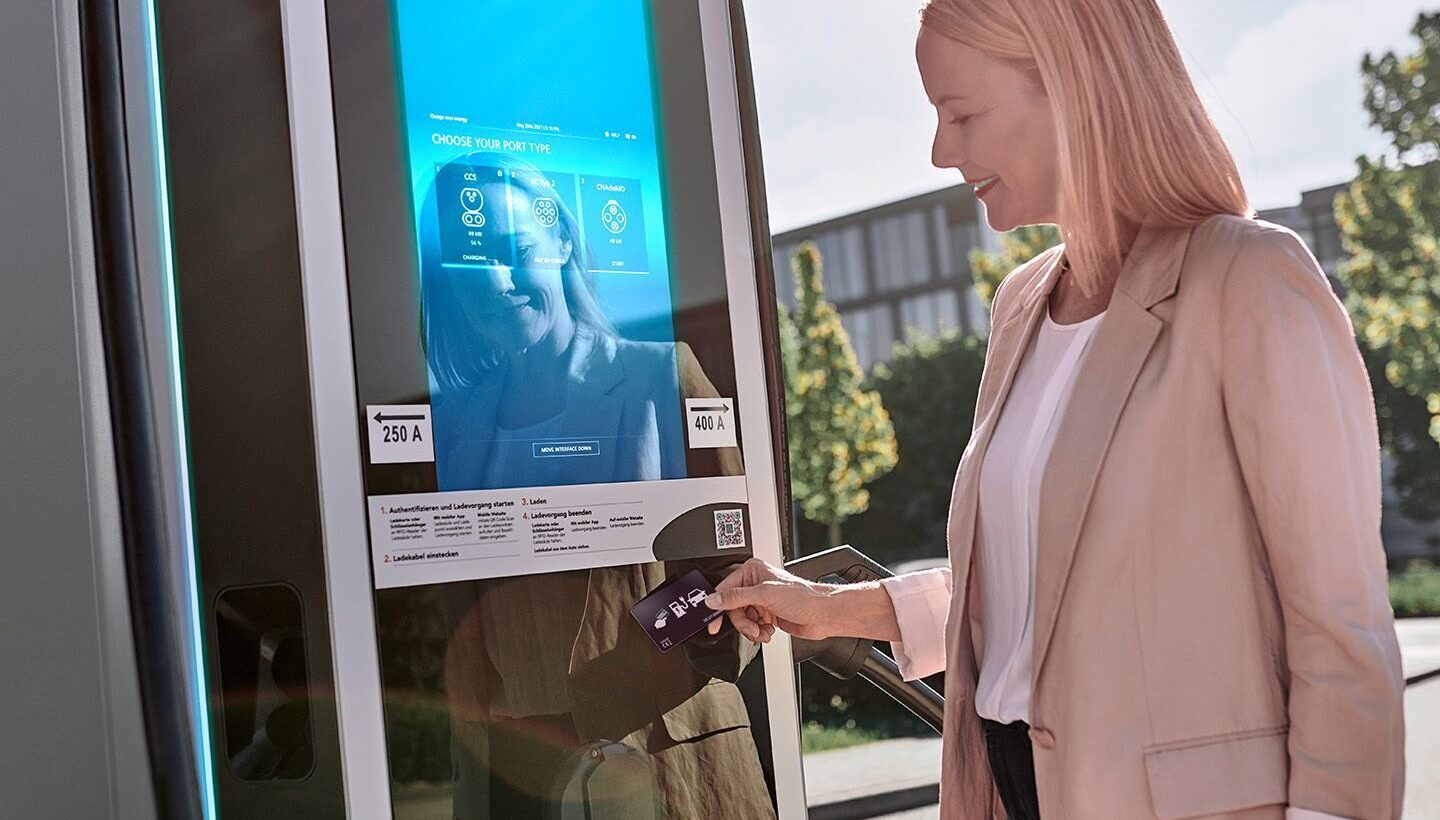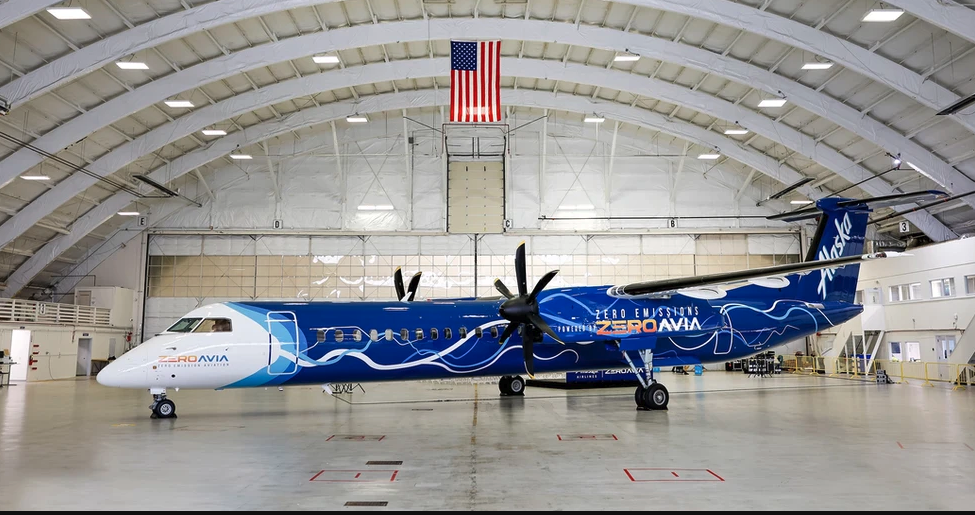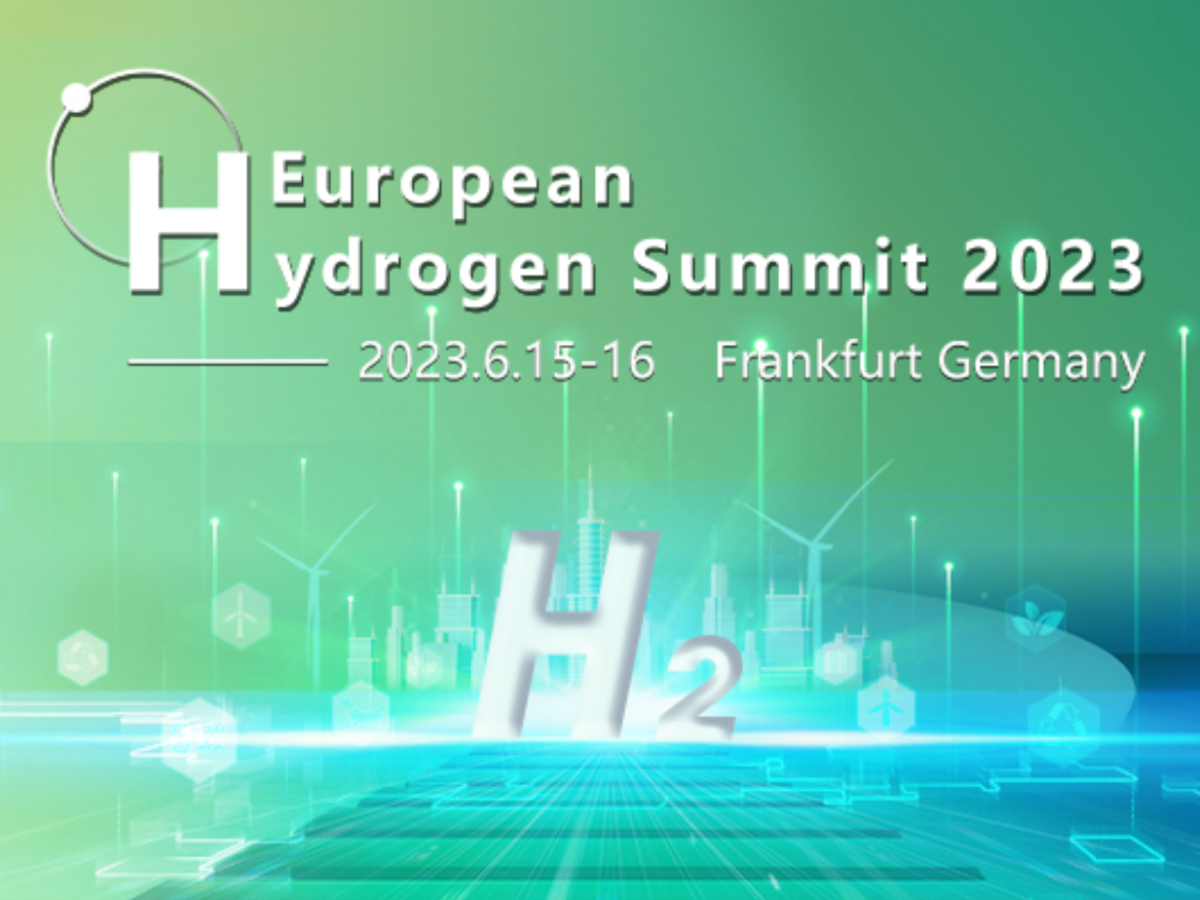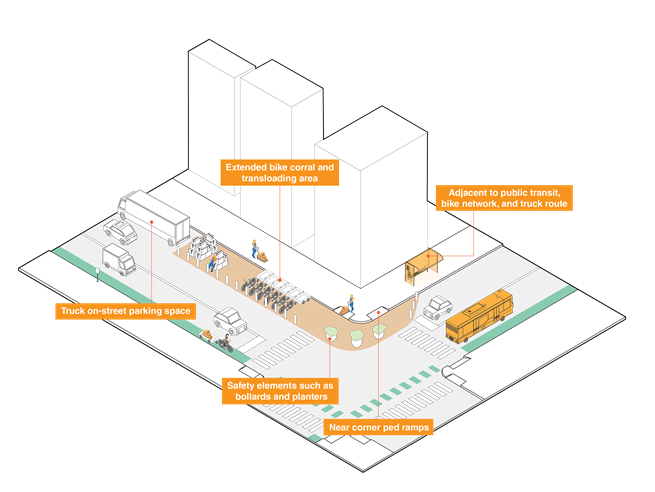Natilus has partnered with ZeroAvia to develop the hydrogen-electric engine for its Natilus Kona autonomous blended-wing body (BWB) cargo aircraft
Under this partnership, the engine for Natilus’ unmanned aerial vehicle (UAV) will use ZeroAvia’s ZA600 as the sole hydrogen-electric propulsion source.
Specifically, the partnership will focus on delivering zero-emission flight and lower-cost operations by combining ZeroAvia’s expertise in hydrogen-electric powertrains with Natilus’ unique aircraft design.
The Natilus Kona will feature a BWB design to offer increased volume for hydrogen storage.
With this development, Natilus aims to transform the air cargo delivery industry to one with low-cost and low-carbon emissions without compromising on flight range.
Aleksey Matyushev, Co-founder and CEO of Natilus, said:Natilus has a long-term commitment to being a responsible steward of our environment, instituting practices that can protect the environment through continual improvements to save fuel and water, reduce waste, air emissions, noise, and material consumption. The Natilus-ZeroAvia partnership goes further, bringing the talents and innovations of the two companies together to deliver much needed innovation in the air cargo delivery industry and multiple solutions for our customers.
Natilus recently validated the design of its UAV with flight testing of a quarter-scale Kona prototype aircraft, following three years of wind-tunnel testing.
Meanwhile, ZeroAvia has conducted eight test flights of its prototype ZA600, 600kW engine in a 19-seat testbed aircraft.
Val Miftakhov, Founder and CEO of ZeroAvia, said:Given Natilus’ impressive order book and corresponding technology development, working together on integrating the ZA600 as a line-fit engine for Kona can multiply the emissions and costs benefits that are already interesting cargo operators.
We all depend on air cargo operators, and some communities depend on them absolutely, so improving the economics and environmental impacts of these operations while increasing service levels is a massive opportunity.

